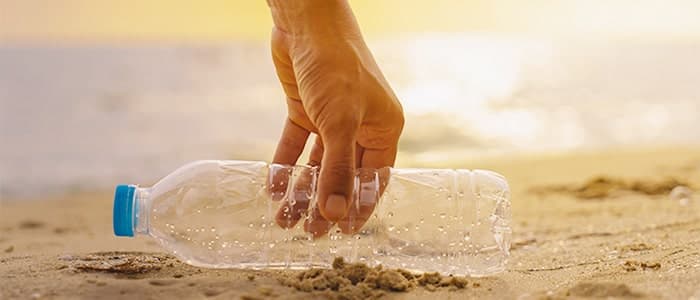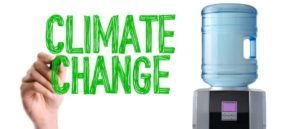Each year from July 1-7, National Clean Beaches Week is celebrated to recognize and embrace the importance of clean beaches. With so much media attention focusing on the effects of pollution on marine life, the oceans, and our coastal landscape, this is an excellent opportunity to be proactive and attempt to address a small part of the overall problem while raising awareness of a much larger global challenge.
Founded in 2003 by the Clean Beaches Coalition, National Clean Beaches week has drawn enormous public support; over 150 coastal governors, mayors, and county commissions have now issued proclamations in support of the week. In 2007, both the U.S. Senate and House of Representatives passed resolutions enacting National Clean Beaches Week by unanimous consent.
Known as the Earth Day for beaches, hundreds of events are organized throughout the country in celebration of National Clean Beaches Week, from beach cleanups, to art fairs, seafood festivals, recreational activities, and other educational happenings, all with the focus of appreciating and respecting our Nation’s beaches.
The 4 Themes
When the Clean Beaches Coalition first planned National Clean Beaches Week in 2003, they envisioned a seven-day celebration to honor the clean beaches lifestyle and developed four initial themes that highlight the importance of beaches to Americans:
- Environment: The 4th of July is the biggest beach visitation day in America – and the most littered. During National Clean Beaches Week, it is strongly advised that the public leave no trace of litter, only footprints, at the beach.
- Dining: The American Heart Association recommends that all Americans eat fish at least twice a week to reduce risk of heart attack and stroke. During National Clean Beaches Week, Americans will be encouraged to eat healthy meals during their visit to the beach.
- Recreation: More than 180 million Americans visit the beach each year. During National Clean Beaches Week, people should be inspired to get out and get active by playing in the sand; swimming, surfing, or fishing in the water; and walking on the beach.
- Travel: Each year Americans make 2 billion visits to ocean, gulf, and inland beaches. During National Clean Beaches Week, individuals will be urged to reduce their carbon footprint through energy efficiency, conservation, carpooling, walking, and other green activities.
The 7 Principles
In honor of National Clean Beaches Week, the Clean Beaches Coalition is asking all beachgoers to apply these seven simple principles to help preserve our beautiful beaches as well as protect people from the natural hazards that can occur at the shore.
- Leave no trace (what you carry in, carry out)
- Move your body (walk, run, or swim)
- Don’t tread the dunes (use a walkover or walk-thru)
- Know your limits (swim, surf, and boat safely)
- You are what you eat (eat healthy seafood)
- Feed your mind (read a book)
- Respect the ocean (riptides, storms, natural resources)
Beaches can be gorgeous and fun if they are well taken care of, so it’s important we all do our part to make sure they stay clean for generations to come. Scientists estimate that approximately 8 million metric tons of plastic end up in our oceans and on our beaches each year – whether the waste is from plastic bottles and straws or from errant plastic bags.
We at Quench celebrate National Clean Beaches Week because our bottleless water coolers help preserve reduce plastic waste every day. A standard Quench water cooler prevents approximately 150 five-gallon plastic water jugs from ending up in landfills and waterways each year and reduces all the associated production and transportation pollution. So, say goodbye to plastic jugs and pollution and say hello to eco-friendly, bottleless water coolers that positively impact the planet today, and every day. Click here to learn more about Quench’s filtered water coolers and see which one is right for you.








